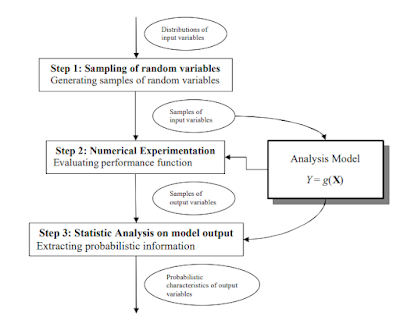ARIS is a commercially available artificial intelligence system that aids in the assignment of airport gates to inbound planes.
It assigns airport gates and provides an overall perspective
of current operations to human decision makers using rule-based reasoning,
constraint propagation, and spatial planning.
Using Ascent Technology's fully-integrated From Touchdown to Takeoff® cloud-hosted service, ARIS is a part of the SmartAirport Operations Center solution allows you to deploy human and physical resources on the ground to maximum advantage, even in the face of inevitable delays to your operations.
The SmartAirport Information Manager tools let you to codify and modify your business information, store it in a secure yet flexible repository, and share it throughout your company to facilitate collaborative decision-making.
They also allow you to develop, amend, and manage flight schedules that drive resource allocation choices, as well as connect the SmartAirport Operations Center to other systems.
ARIS/SmartBase airport database (AODB), ARIS/SmartBus communication middleware, ARIS/Reports data analyzer, ARIS/SL schedule loader, ARIS/SB schedule builder, and ARIS/BIS billing-information system are some of the company's most popular products.
Find Jai on Twitter | LinkedIn | Instagram
Be sure to refer to the complete & active AI Terms Glossary here.
You may also want to read more about Artificial Intelligence here.








